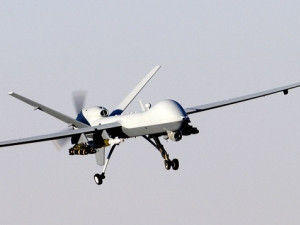
National and international regulation is struggling to keep pace with advances in Unmanned Aerial Systems (UAS) technology.
So says Michael Moran, regional head for African Aviation at Marsh, who notes the technology regulation of UAS, or drones, differs, sometimes remarkably, from country to country.
For UAS operations to be commercially viable, Moran believes national and international aviation laws may need to be overhauled and a set of international regulations developed to take UAS use into account in a consistent way.
He points out the International Civil Aviation Authority (ICAO) is working on guidance for UAS operations but the process is expected to take some time.
The ICAO plans to deliver standards on the subject via its Remotely Piloted Aircraft System Panel in 2018. Once approved, these standards will set out guidelines for the members of the ICAO to set up their own requirements and national regulations.
Moran believes this process will likely be a lengthy one, with some having suggested the overall process could take more than a decade.
Critically, he explains, the panel expects to complete the standards and recommended practices in 2020, with a clear goal for this timeline being the regulatory infrastructure behind air-traffic management sense-and-avoid. It is also expected that a manual for UAS operations will be published in 2018, ahead of the standards.
"The inevitability of wide-scale UAS use should not be underestimated," says Moran. "As with any opportunities brought about by advances in technology, they go hand in hand with a set of new and little-understood risks, which UAS operators, regulators and the insurance industry are all currently trying to understand and adapt to."
The South African Civil Aviation Authority released regulations on Remotely Piloted Aircraft (RPA), commonly known as the drone regulations, on 1 July this year.
Lisa Emma-Iwuoha, a legal expert at Michalsons law firm, says regulation is necessary in this rapidly evolving industry, but the road ahead for drones will be paved with practical challenges.
"Regulation is extremely crucial and necessary. The local industry has grown rapidly within recent years and drones have been on the market for some time now. It is crucial also from a safety and security perspective. It is important for those using a RPA to know how to do so correctly and within the law," she says.
Share